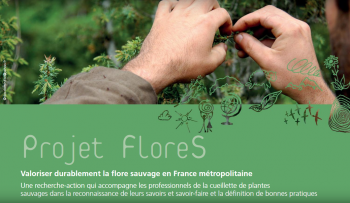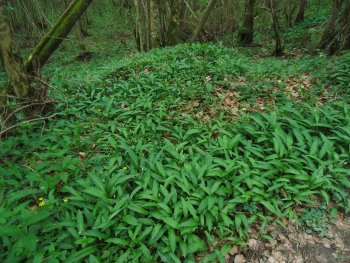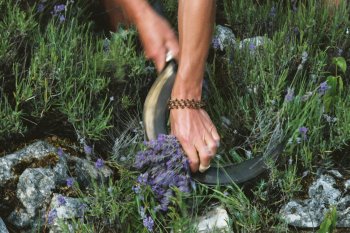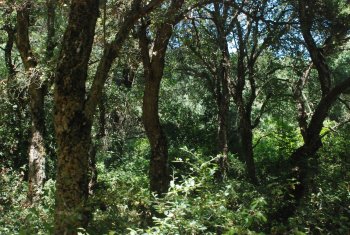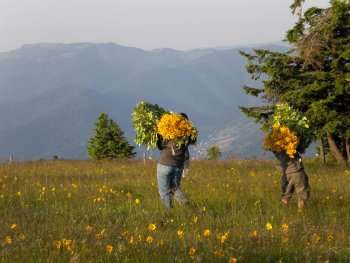What solutions for the certification of wild AMP picking? Prospective study within the FloreS project.
The FloreS project has allowed the organization of a participative workshop, to analyse different types of labelling and certification that could meet the guarantees expected for wild plants’ picking. This workshop brought together researchers, certifying bodies, referent pickers and other stakeholders from the AMP sector.
Benefits and limits of third-party certification have been discussed, as well as options about participatory guarantee systems have been analysed. These element contributed to the construction of a charter for responsible professional pickers.

